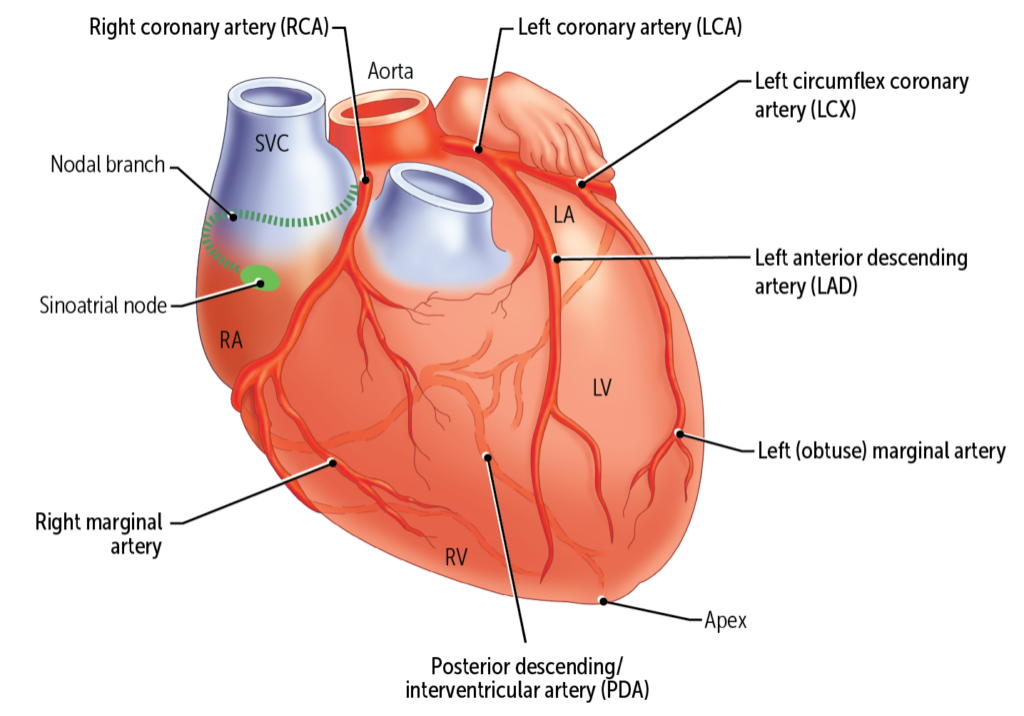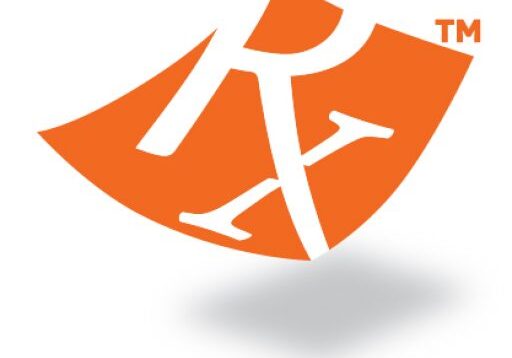When you get into a studying groove that works for you, it can be easy to forget to check your progress. You may ask yourself, “Why do a self-assessment if I have a comprehensive study schedule and guide?” But the?importance of self-assessments for students cannot be overstated.
 Self-assessments can help you focus on weaknesses or areas that need improvement, increase learning independence, and ease the anxiety of not knowing what to expect on a test.?As a result, these assessments allow medical students to focus on making their studying more efficient so they can maximize their potential on test day.
Self-assessments can help you focus on weaknesses or areas that need improvement, increase learning independence, and ease the anxiety of not knowing what to expect on a test.?As a result, these assessments allow medical students to focus on making their studying more efficient so they can maximize their potential on test day.
Merely understanding the USMLE Step 1 exam questions is a major hurdle to overcome. Luckily, most student self-assessments come in the form of practice tests, preparing you for the structure and content of the exam. Practice tests also can help you get used to the timing of the exam and answer questions faster. Then, you won’t have to stress about running out of time once you enter the exam room.
Unsurprisingly, research shows the?benefits of self-assessment in learning. In?one mixed methods study, students who used self-evaluations to improve their learning saw increases in self-perceived knowledge and skills on the selected learning module. This goes to show that regular self-evaluation can lead to greater confidence in your understanding of the concepts you spend so much time studying.
Student Self-Assessment Best Practices
Now that you know why self-assessment is important for students, there are some best practices to keep in mind before you start taking those practice tests.
It helps if you take a self-assessment at the beginning of the study process. Don’t worry if you started studying without taking an assessment. You can still take a self-evaluation to gauge the baseline knowledge at whatever point of the process you’re in (e.g., pre-med, M1, M2, or IMG). After you learn that baseline, conduct self-assessments repeatedly throughout your study process. If you find that there’s a question or concept you frequently miss, flag it and focus on it until you can teach the concept to someone else.
Taking self-assessments at regular intervals throughout your study process will allow you to monitor your progress and ensure you’re studying effectively. Additionally, we recommend that you take the board exam after successfully achieving your target score on at least two assessments.
Unfortunately, students are often reluctant to take assessments because they are concerned that the score will be too low or that they aren’t ready to take an assessment. Although assessments provide you with a predicted score, they also provide you with more critical data such as performance by subject area. One key point to keep in mind is that assessments exist to help you do your best on test day.
The importance of self-assessment for students is apparent. Having reliable self-assessment tools in your back pocket to measure your progress and preparedness for big exams is paramount. NBME self-assessments, for example, are designed to evaluate readiness to take the USMLE Step 1, Step 2 CK, and Step 3. In addition,?USMLE-Rx?has two self-assessment exams within Step 1 Qmax. Each exam is made up of four blocks with 40 questions per block (160 questions total).
You?can begin a free five-day trial?of USMLE-Rx and create your own simulated test to start assessing yourself today!




